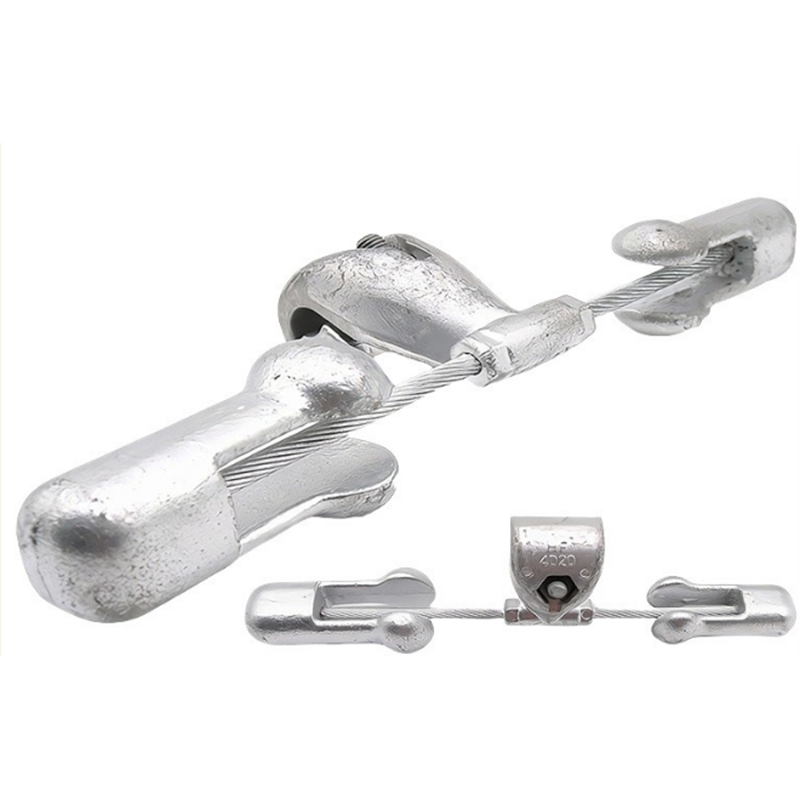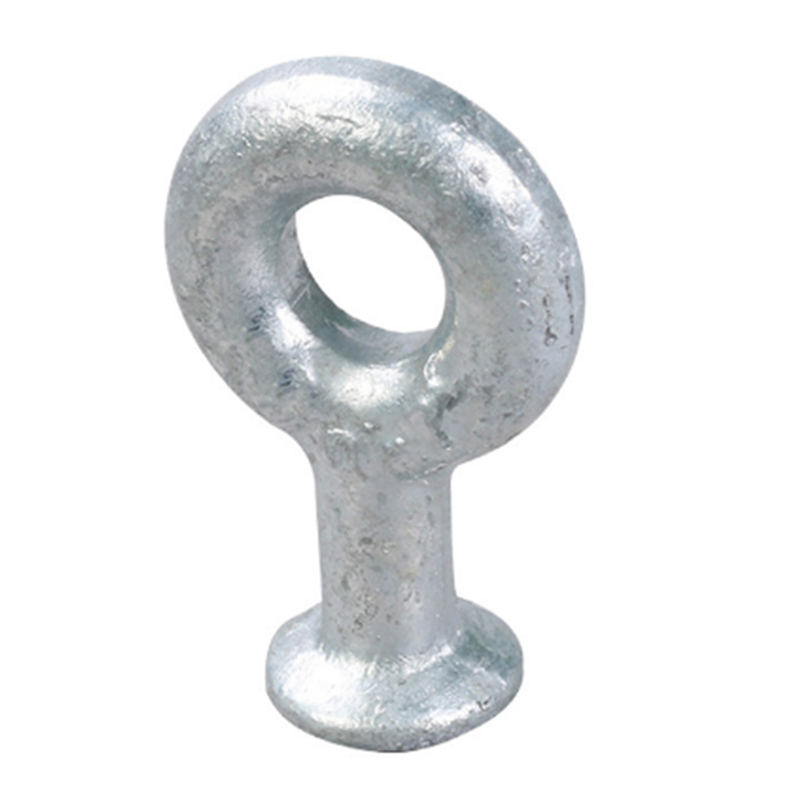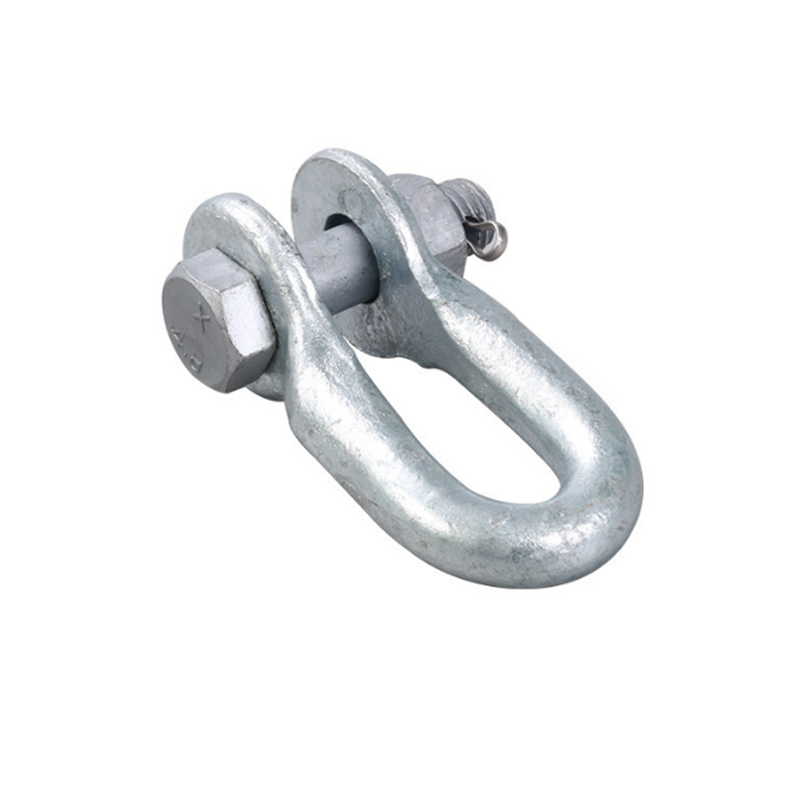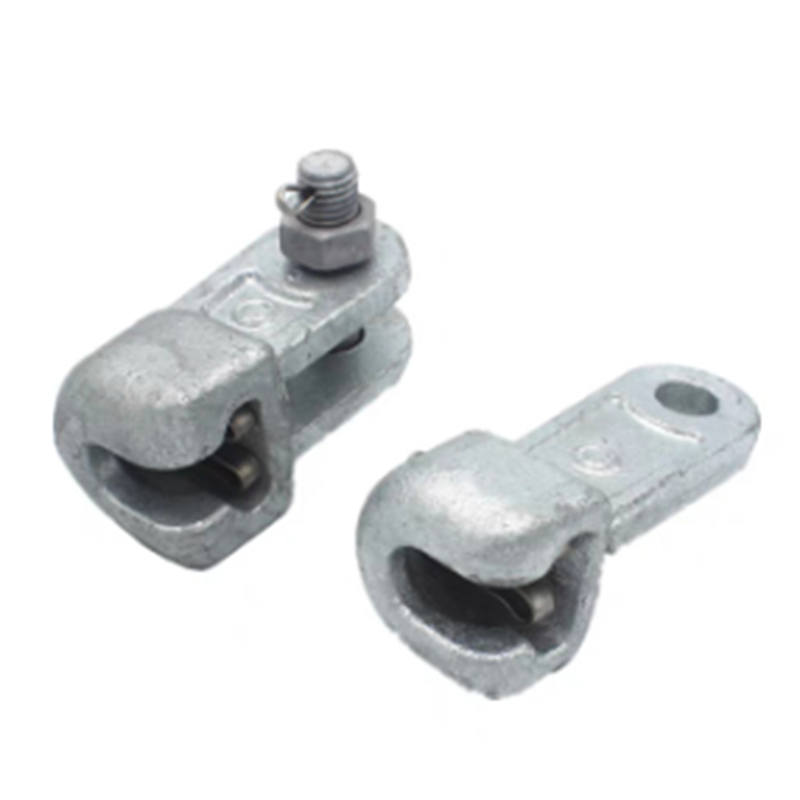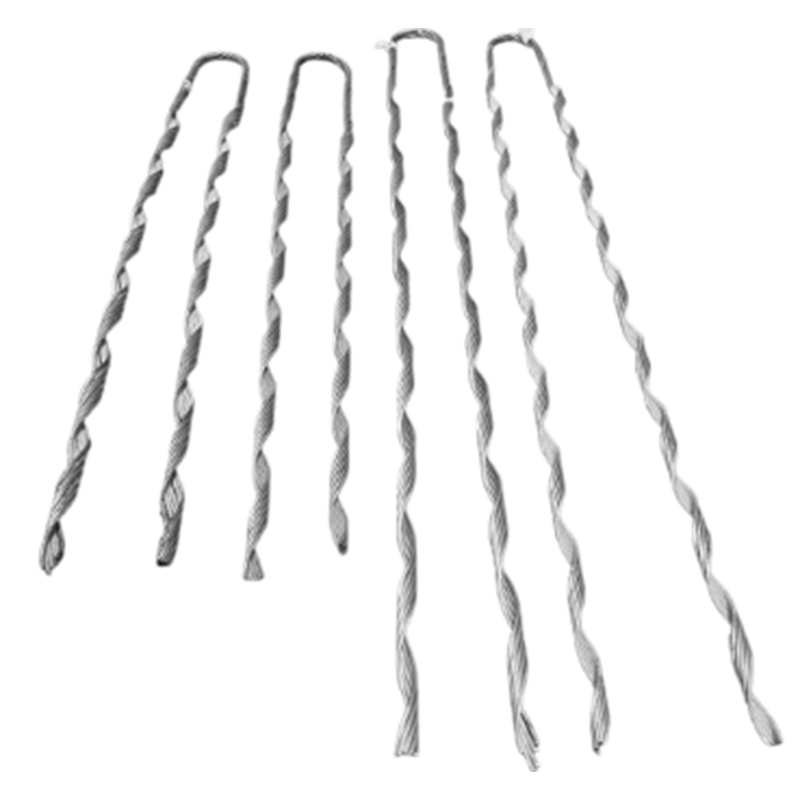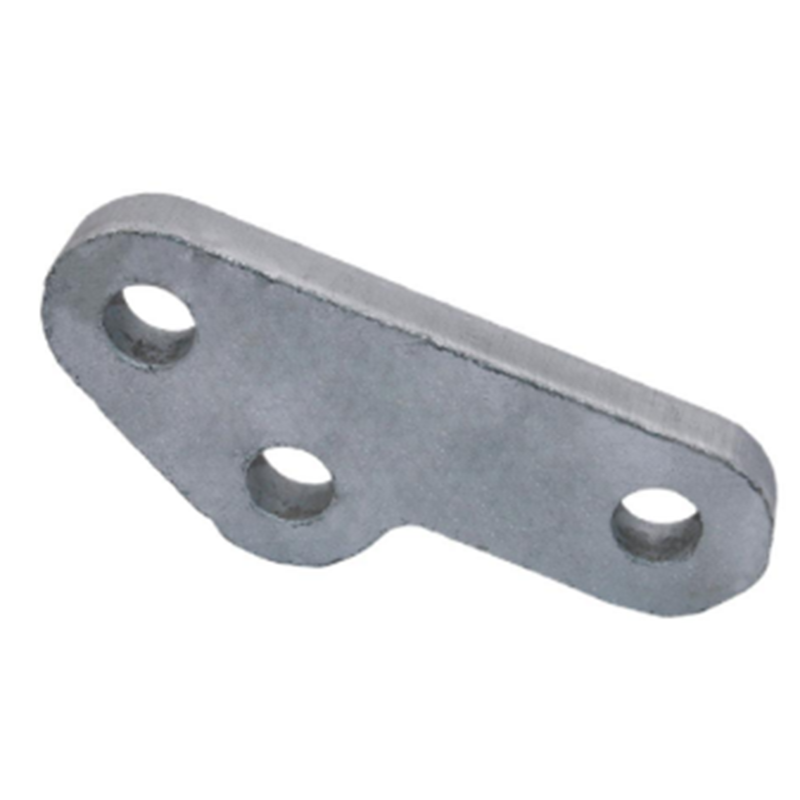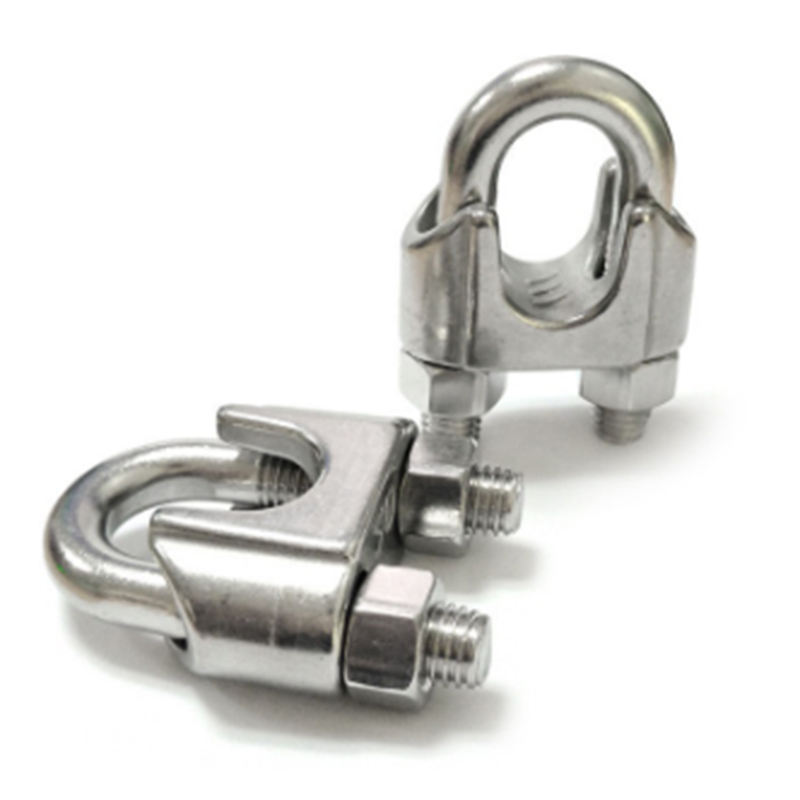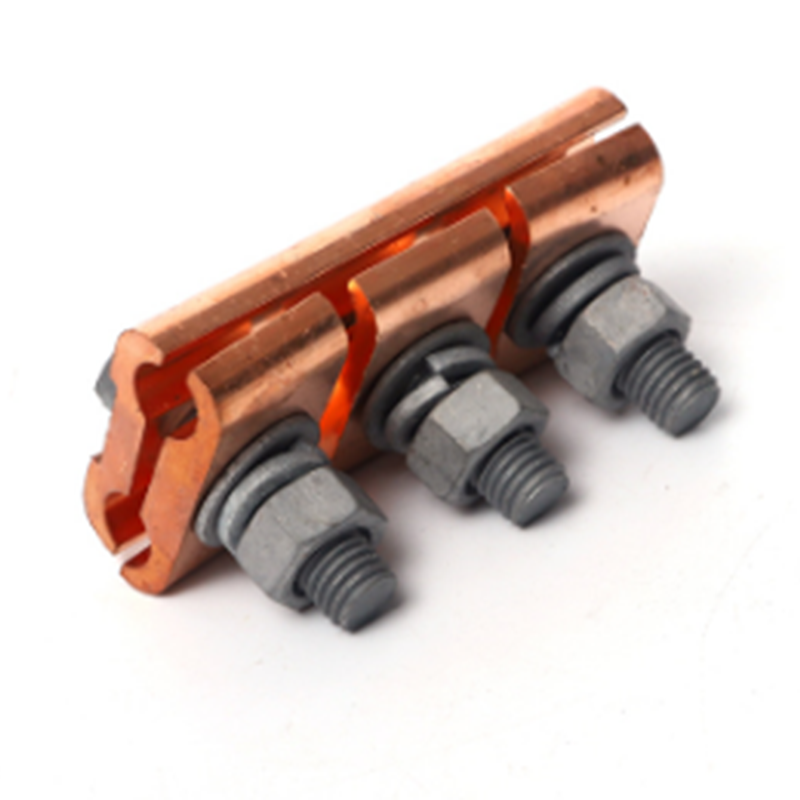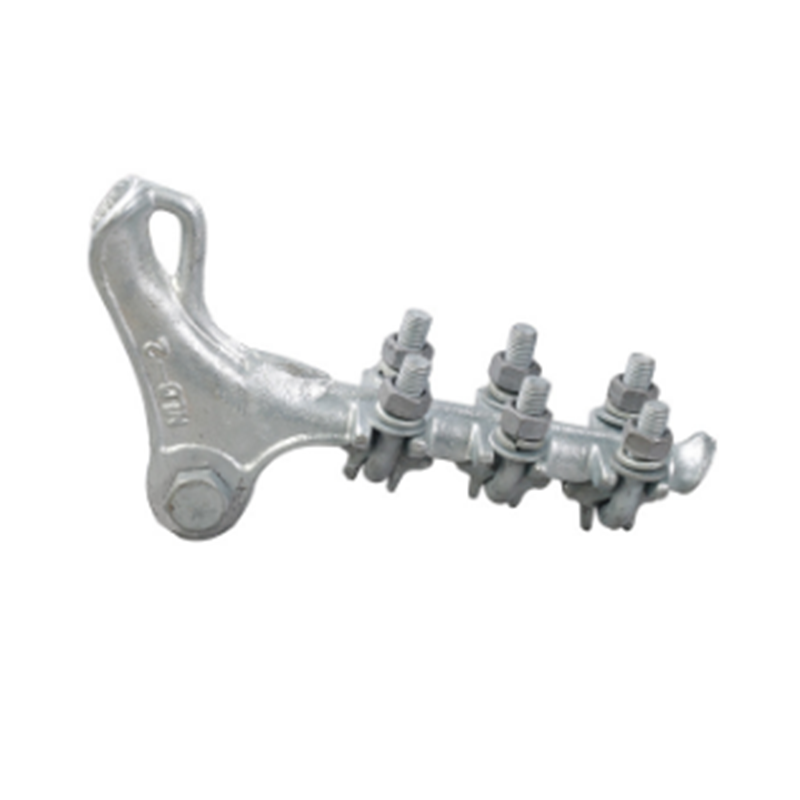- Chinese
- French
- German
- Portuguese
- Spanish
- Russian
- Japanese
- Korean
- Arabic
- Irish
- Greek
- Turkish
- Italian
- Danish
- Romanian
- Indonesian
- Czech
- Afrikaans
- Swedish
- Polish
- Basque
- Catalan
- Esperanto
- Hindi
- Lao
- Albanian
- Amharic
- Armenian
- Azerbaijani
- Belarusian
- Bengali
- Bosnian
- Bulgarian
- Cebuano
- Chichewa
- Corsican
- Croatian
- Dutch
- Estonian
- Filipino
- Finnish
- Frisian
- Galician
- Georgian
- Gujarati
- Haitian
- Hausa
- Hawaiian
- Hebrew
- Hmong
- Hungarian
- Icelandic
- Igbo
- Javanese
- Kannada
- Kazakh
- Khmer
- Kurdish
- Kyrgyz
- Latin
- Latvian
- Lithuanian
- Luxembou..
- Macedonian
- Malagasy
- Malay
- Malayalam
- Maltese
- Maori
- Marathi
- Mongolian
- Burmese
- Nepali
- Norwegian
- Pashto
- Persian
- Punjabi
- Serbian
- Sesotho
- Sinhala
- Slovak
- Slovenian
- Somali
- Samoan
- Scots Gaelic
- Shona
- Sindhi
- Sundanese
- Swahili
- Tajik
- Tamil
- Telugu
- Thai
- Ukrainian
- Urdu
- Uzbek
- Vietnamese
- Welsh
- Xhosa
- Yiddish
- Yoruba
- Zulu
- Kinyarwanda
- Tatar
- Oriya
- Turkmen
- Uyghur

Drywall Screws
Understanding Drywall Screws: A Professional’s Insight
In the world of construction and DIY projects, drywall screws may appear straightforward, but there's more to them than meets the eye. Whether you're hanging drywall or working on a renovation, choosing the right screw is crucial. Let’s discuss some insights gleaned from years in the field.
The Basics of Drywall Screws
At a glance, drywall screws seem like any other fastener, but their particular design serves a unique purpose. These screws, in my experience, have been the backbone of any drywall installation due to their coarse threads and sharp points, perfect for penetrating drywall sheets.
The most common types are coarse-thread and fine-thread screws. Coarse-thread screws work well with wood studs, catching on securely. Fine-thread screws are used for metal studs, providing a tighter grip. Choosing between them can define the success of your project.
A frequent pitfall I've noticed is underestimating the importance of a screw’s length. Often, new DIYers opt for shorter screws, thinking they'll suffice, only to deal with ill-supported drywall. A helpful rule of thumb is ensuring the screw is long enough to penetrate at least an inch into the framing.
Common Challenges and Solutions
One problem often faced, especially by those new to drywall work, is screw popping. This usually occurs when screws are driven too deeply, resulting in them breaking the paper surface. With experience, I’ve learned the key is in finesse—using a screw gun set to the right depth is vital.
Sometimes, the material of the studs themselves can pose an issue. For metal studs, using the wrong type of screw can lead to frustration. Here’s where fine-thread drywall screws really shine, avoiding the slipping and wasted effort.
Another handy tip: always ensure your screws are aligned with the stud edges. It's a detail that can get overlooked but makes a significant difference in the long run, preventing cracking and ensuring stability.
Considerations When Buying Screws
When sourcing your supplies, the quality can differ greatly between brands. I’ve found that buying from reputable manufacturers, like the Shengfeng Hardware Fastener Factory, guarantees durability. They offer a comprehensive range, making them my go-to for reliable fasteners.
You can check their products online at Shengfeng Hardware Fastener Factory’s website. Their selection includes not only screws but other essential fasteners like washers and nuts, vital components in any construction project.
Price isn't always indicative of quality, but it’s a factor. Generally, you get what you pay for, so consider investing a little more upfront to avoid headaches later.
Implementing Best Practices
Every time I start with a fresh batch of drywall screws, I make a point of inspecting them closely. Look for sharp, intact points and consistent threading. These small checks prevent potential issues before they start.
Organization is another understated facet. Keeping screws sorted by length and type can streamline your workflow, ensuring you always grab the right one at a glance.
Lastly, investing time in learning the nuances of your tools can make a world of difference. Practice with your screw gun until it feels like an extension of your arm; this familiarity greatly improves efficiency and reduces mistakes.
Reflecting on Past Experiences
There was a time during a big renovation where a colleague misunderstood the importance of screw placement. This simple error resulted in hours of rework. It taught me the value of diligence and precision, qualities that seem minor at first but have major impacts.
Failures can be the best teachers. Each unsuccessful attempt has brought me closer to mastering the art of working with drywall screws. The construction field values experience, learned often the hard way.
In conclusion, handling drywall screws isn’t as daunting as it may initially seem, as long as you value precision, patience, and a good provider of materials. Like many in the trade, I’ve found these tools to be indispensable lifelines. Handle them with respect, informed by both knowledge and experience.
Соответствующая продукция
Соответствующая продукция







